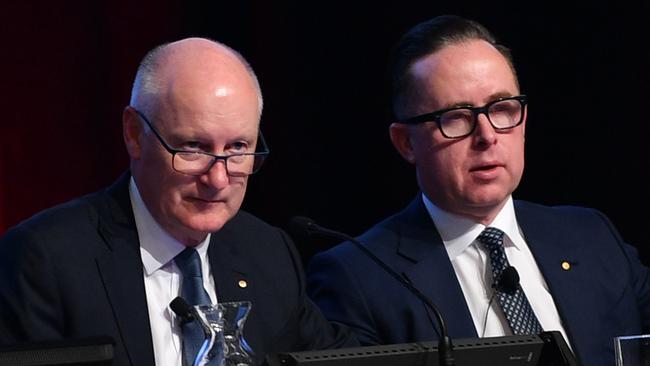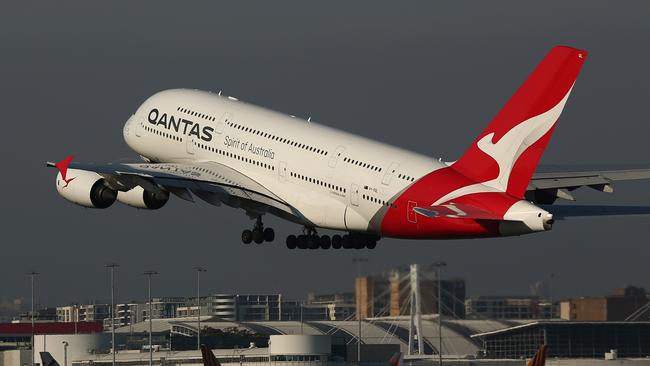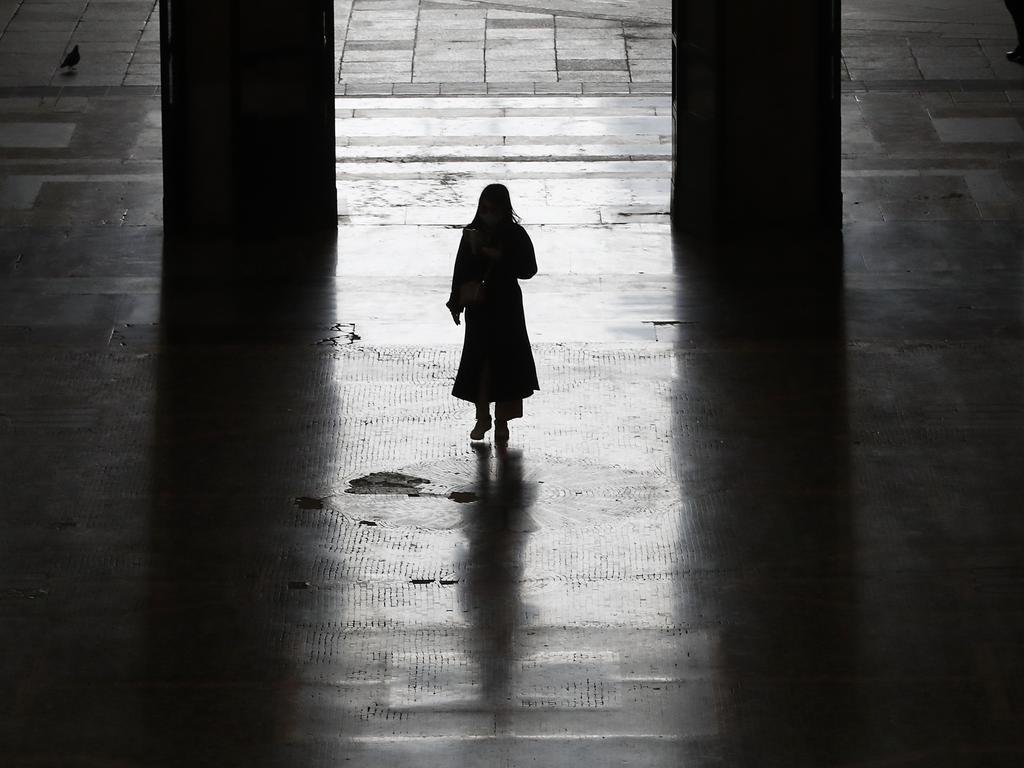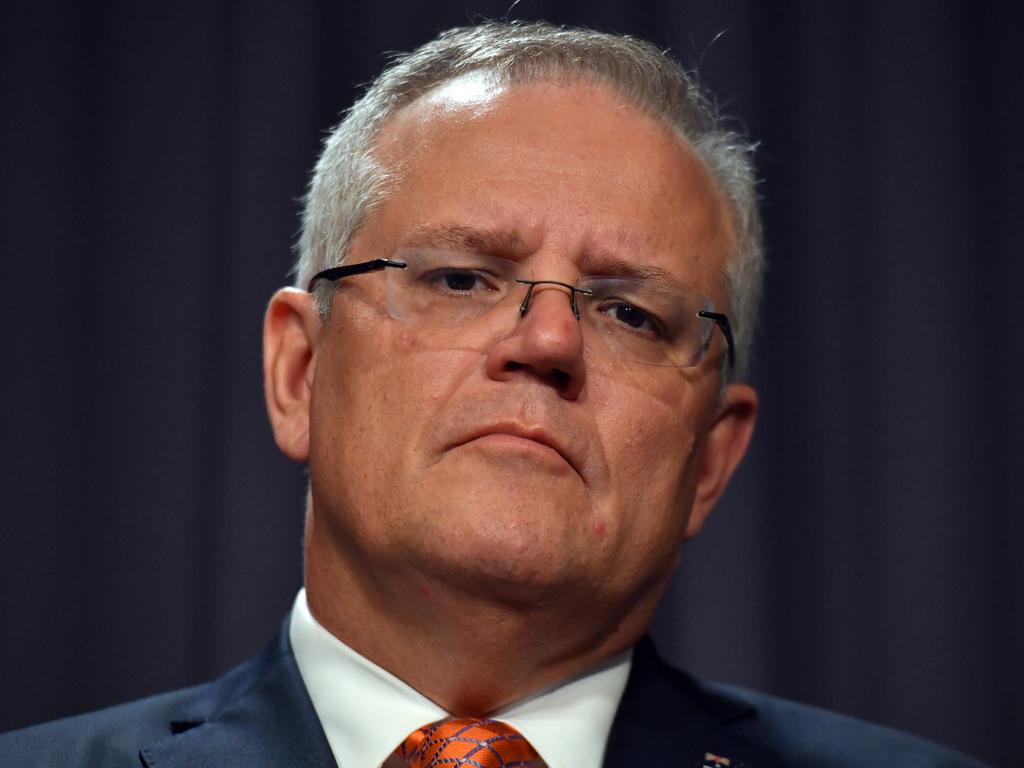Coronavirus: Qantas to cut flights, shifts, salaries
Qantas has grounded almost a fifth of its fleet, sidelining up to 2000 full-time jobs in response to the coronavirus crisis.

Qantas has grounded almost a fifth of its fleet, sidelining up to 2000 full-time jobs, in a response to the coronavirus crisis.
Chief executive Alan Joyce said the airline hoped to avoid redundancies by asking staff to take paid leave where available and volunteer for unpaid leave.
Mr Joyce will share the pain by accepting no salary for the rest of the financial year and no annual bonus, a move expected to cost him about $2.3m.
Other executives will also forgo their bonuses and take a 30 per cent salary cut, while chairman Richard Goyder will do without fees until June 30.
The moves follow a significant drop in forward bookings across the Qantas international network after fresh outbreaks of COVID-19 in Europe and North America.
Mr Joyce said up to 2000 jobs were now surplus to the airlines needs.

“We are trying to do our best to avoid what is up to 2000 roles that are surplus at the moment and avoid those redundancies, so we think the best way of managing that is to ask people to take paid leave,” he said.
“In a lot of cases, we can’t cover this with paid leave and we need some people to take unpaid leave as well. Our intent is to avoid redundancies, that’s what we’re trying to do.”
Pilots and cabin crew would be the most affected, along with ground crew such as customer service staff and baggage handlers.
The impact on employees and aircraft was the result of a 23 per cent cut to international capacity through the suspension of some flights, and the use of smaller aircraft on other services until mid-September.
Ten of the airline’s giant, fuel-hungry A380s would be parked for the period, with just two to remain in operation but only if required.

In total, the changes would ground the equivalent of 38 aircraft, out of 207 across Qantas and Jetstar. Despite the extensive measures, Mr Joyce said Qantas was in a “very strong position to manage the situation”, which was likely to prove too much for other carriers. “I think this will be survival of the fittest and I think Qantas is one of the fittest and most dynamic airlines to be able to cope with this,” he said. “There will be some airlines that won’t survive it.”
Airlines that were in financial strife prior to the COVID-19 outbreak were considered most at risk, such as British regional carrier Flybe, which collapsed last week.
Although Asian airlines remain the hardest-hit from travel restrictions designed to contain the coronavirus, with some operating near-empty flights, concerns were mounting over Virgin Australia’s ability to weather a prolonged downturn.
Bonds of $100 sold to raise money for the buyback of loyalty business Velocity were trading at $62 on Tuesday, and Virgin’s share price was 7.5c a share.
A report by Fitch Ratings on Tuesday said Virgin Australia would be able to withstand liquidity pressures until late 2020 based on cash reserves of $1.3bn and measures taken in response to coronavirus.
On Monday, Air New Zealand chief executive Greg Foran described the current crisis as “unprecedented” for the airline industry but Mr Joyce said he had experienced worse.
“The toughest crisis I’ve seen was (flight) QF32 — an engine blew up on an aircraft and we had to ground (all) the aircraft for 23 days,” he said.
“People’s lives were at stake and making a decision to put the aircraft back in the air was a big one given Qantas’s reputation and history. Everything
pales into insignificance compared to that.”








To join the conversation, please log in. Don't have an account? Register
Join the conversation, you are commenting as Logout